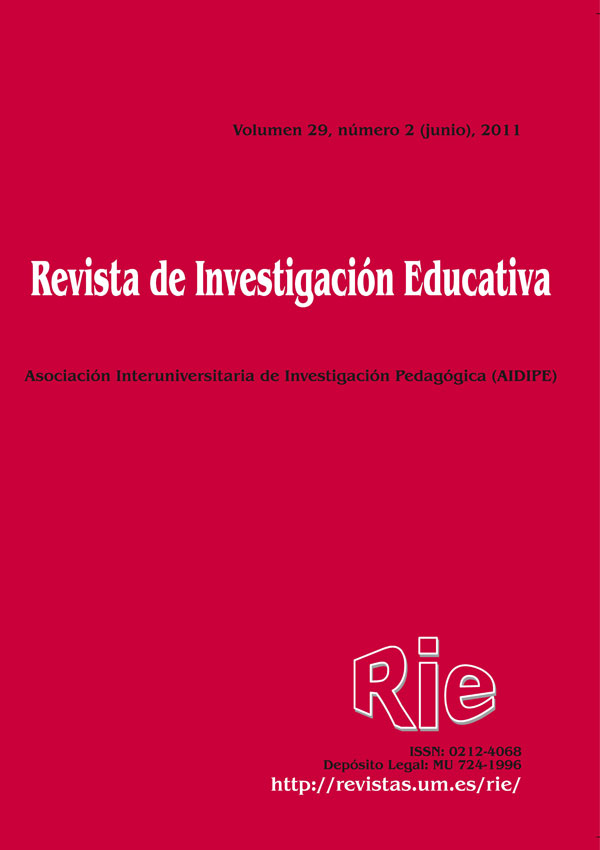Extracurricular activities and academic performance: gender differences and self-concept differences
Supporting Agencies
- Proyecto MAVACO referencia EDU2009-13485
- financiado por el Ministerio de Ciencia e Innovación (MICINN)
- España.
Abstract
The aim of this study was to examine the impact of the type of self-concept (academic and general) and extracurricular activities on academic performance among primary school students (N = 1708), and to determine the differences of this relationship in terms of gender. We used a cluster sampling stratified into two stages and gave standardized achievement tests and ad-hoc instrument designed for academic and general self-concept and extracurricular activities. The results showed that respondents who engaged in academic extracurricular activities such as language and computer performed better in all academic subjects. Those who took music and sports also scored better in some subjects. In conclusion, we should highlight the differences regarding the relationship between self-concept and school activity, and the different patterns in boys and girls that future research should tackle.
Downloads
The articles and scientific documents published in RIE abide the following conditions:
1. The Servicio de Publicaciones de la Universidad de Murcia (the publisher) has the property rights (copyright) of all the documents published and allows the reuse under the user’s license indicated in point 2.
2. All documents are published in the digital edition of RIE under a Creative Commons Reconocimiento-NoComercial-SinObraDerivada 3.0 España (legal document) license. These documents can be copied, used, distributed, communicated and explained publicly if: i) the author(s) and its original source of publishing (magazine, publisher and URL of the document) are cited; ii) it is not used for commercial purpose; iii) the existence and the specifications about this license are mentioned.
3. Auto-archive’s conditions. The authors are allowed and encouraged to digitally distribute the pre-print versions (a version before evaluation) and/or post-print (a version that it is already evaluated and accepted to its publication). This promotes circulation and distribution earlier and can increase the citations and significance within the academic community.










